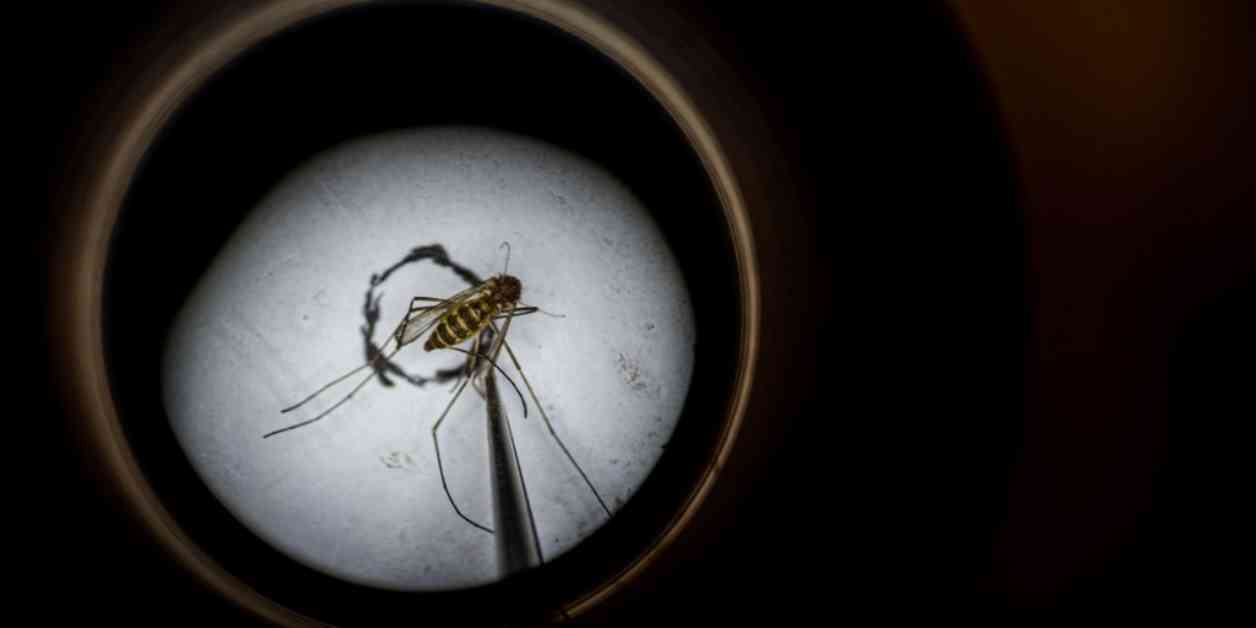Dr. Anthony Fauci, a renowned infectious disease expert and former chief medical adviser to the Biden administration, recently found himself in the hospital due to a West Nile virus infection. This incident sheds light on the importance of understanding this potentially deadly virus and taking necessary precautions to protect oneself from it.
### What is West Nile Virus?
West Nile virus is a mosquito-borne illness that was first detected in the United States in 1999 and has since become the most common mosquito-borne illness in the country. The virus is primarily spread through the bites of infected mosquitoes, particularly Culex mosquitoes. These insects become carriers of the virus after feeding on sick birds and then transmit it to humans through subsequent bites. Cases of West Nile virus tend to peak in August and September, following rainy seasons when mosquitoes lay their eggs in standing water.
### Symptoms and Complications
While thousands of people are infected with West Nile virus each year, the majority do not develop any symptoms. However, approximately 1 in 5 infected individuals may experience symptoms such as fever, headache, body aches, vomiting, and diarrhea. These symptoms typically manifest between three and 14 days after being bitten by an infected mosquito. In more severe cases, individuals may develop neuroinvasive diseases like meningitis, paralysis, and even death, although such complications are relatively rare, affecting about 1 in 150 people. Those over the age of 60 are at a higher risk of experiencing severe symptoms and complications, as evidenced by Dr. Fauci’s hospitalization at the age of 83.
### Prevention and Protection
Currently, there is no specific treatment or vaccine available for West Nile virus, making prevention crucial in avoiding infection. To protect oneself against mosquito bites and reduce the risk of contracting the virus, experts recommend using common repellents containing DEET or picaridin, which have been proven effective in repelling mosquitoes. Additionally, wearing loose-fitting clothing that covers both arms and legs, using air conditioning when possible, and ensuring that open windows and doors have screens are effective preventive measures. It is also essential to eliminate standing water from common items around the exteriors of houses, such as bird baths, flower pots, and toys, where mosquitoes can lay their eggs.
As the number of reported human cases of West Nile virus continues to rise, it is imperative for individuals to educate themselves on the risks associated with this disease and take proactive measures to protect their health. By understanding the transmission, symptoms, and prevention strategies for West Nile virus, we can collectively work towards reducing the incidence of infections and safeguarding public health.

















